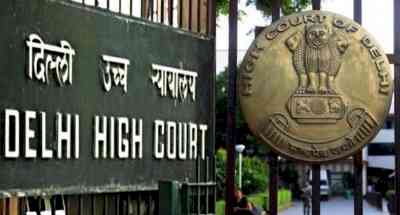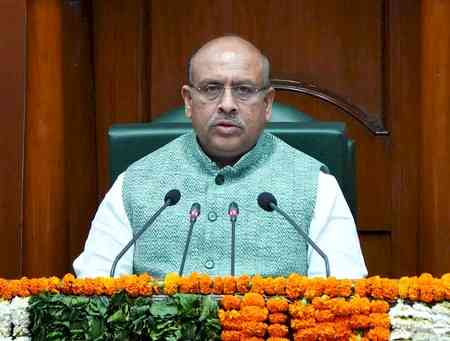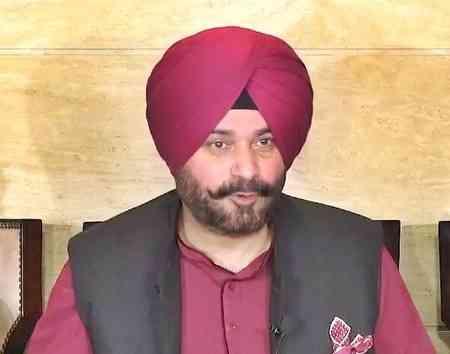Victim of sexual offence has right to be heard at every stage: Delhi HC
The Delhi High Court on Wednesday held that as per the law, a victim of sexual offence is not required to be impleaded as a party to any criminal proceedings instituted by the state or the accused.

New Delhi, April 19 (IANS) The Delhi High Court on Wednesday held that as per the law, a victim of sexual offence is not required to be impleaded as a party to any criminal proceedings instituted by the state or the accused.
"There is no requirement in law to implead the victim, that is to say, to make the victim a party to any criminal proceedings, whether instituted by the state or by the accused," the court noted.
Referring to a recent Supreme Court judgement (Jagjeet Singh & Others vs Ashish Mishra @ Monu & Anr), Justice Anup Jairam Bhambhani said that even though a victim now has an "unbridled participatory rights" in all criminal proceedings, there is no reason to implead the victim as a party in the case, unless otherwise specifically provided in the Code of Criminal Procedure (CrPC).
Talking about bail-related proceedings, the court noted that Section 439(1A) of CrPC mandates that a victim be heard without requiring to be impleaded as a party to bail petitions.
The judge said: "In light of the decision of the Supreme Court in the Jagjit Singh (supra) case, Section 439(1A) of CrPC must be expanded to include the victim's right to be heard even in petitions where an accused seeks anticipatory bail; a convict seeks suspension of sentence, parole, furlough, or other such interim relief," the court noted.
Justice Bhambani was hearing a bail plea move by an accused, who is in custody after an FIR was registered against him under Section 376 of the Indian Penal Code and Section 4 of the Protection of Children from Sexual Offences (POSCO) Act.
Carefully scrutinise all filings relating to sexual offences and ensure that the anonymity and confidentiality of the prosecutrix or victim is strictly maintained, the court directed its Registry.
Name, parentage, address, social media credentials and photographs of the prosecutrix or victim are some of the details that must not be disclosed in the filings, including in the memo of parties, it noted.
The court said: "Though, if the foregoing direction is scrupulously followed, the identifying particulars would not appear in the cause-list, by way of abundant caution, the Registry must ensure that such particulars do not get reflected in the cause-list of the court in any manner."
After due verification of the identity credentials of the parties to the litigation, files or paper-books of matters relating to sexual offences filed in the high court must not be provided to any person, the court directed.
"To obviate the dissemination of identifying particulars to any other person or agency even within the high court, it is further directed that all services to be effected upon the prosecutrix/victim/survivor shall only be through the investigating officer in accordance with practice directions dated 24.09.2019, and not through the process serving agency, though a copy of the petition or application must be served upon the prosecutrix/victim/survivor," the court added.
The investigating officers were directed by the court to put on only plain clothes to avoid any unwarranted attention in effecting the service on the prosecutrix or victim while dealing with such cases.
"Furthermore, the investigating officer must also inform the prosecutrix/victim/survivor that they have the right to free legal-aid/representation in accordance with the mandate of the Supreme Court in the Delhi Domestic Working Women's Forum vs. Union of India & Ors case," Justice Bhambani said.
"Indeed, there may be times where a victim may not seek a hearing before the court, and making a victim a party to the proceedings, mandating them to appear and 'defend', so to speak, various proceedings that the state or the accused may initiate, may cause additional hardship and agony to the victim," the judge said, reiterating that the right to be represented and heard differs from the right or the obligation to be a party to criminal proceedings.
The court also directed the Registrar General to bring this judgement to the notice of the Chief Justice for framing of appropriate practice directions or notice or notification, as may be deemed appropriate.


 IANS
IANS 










